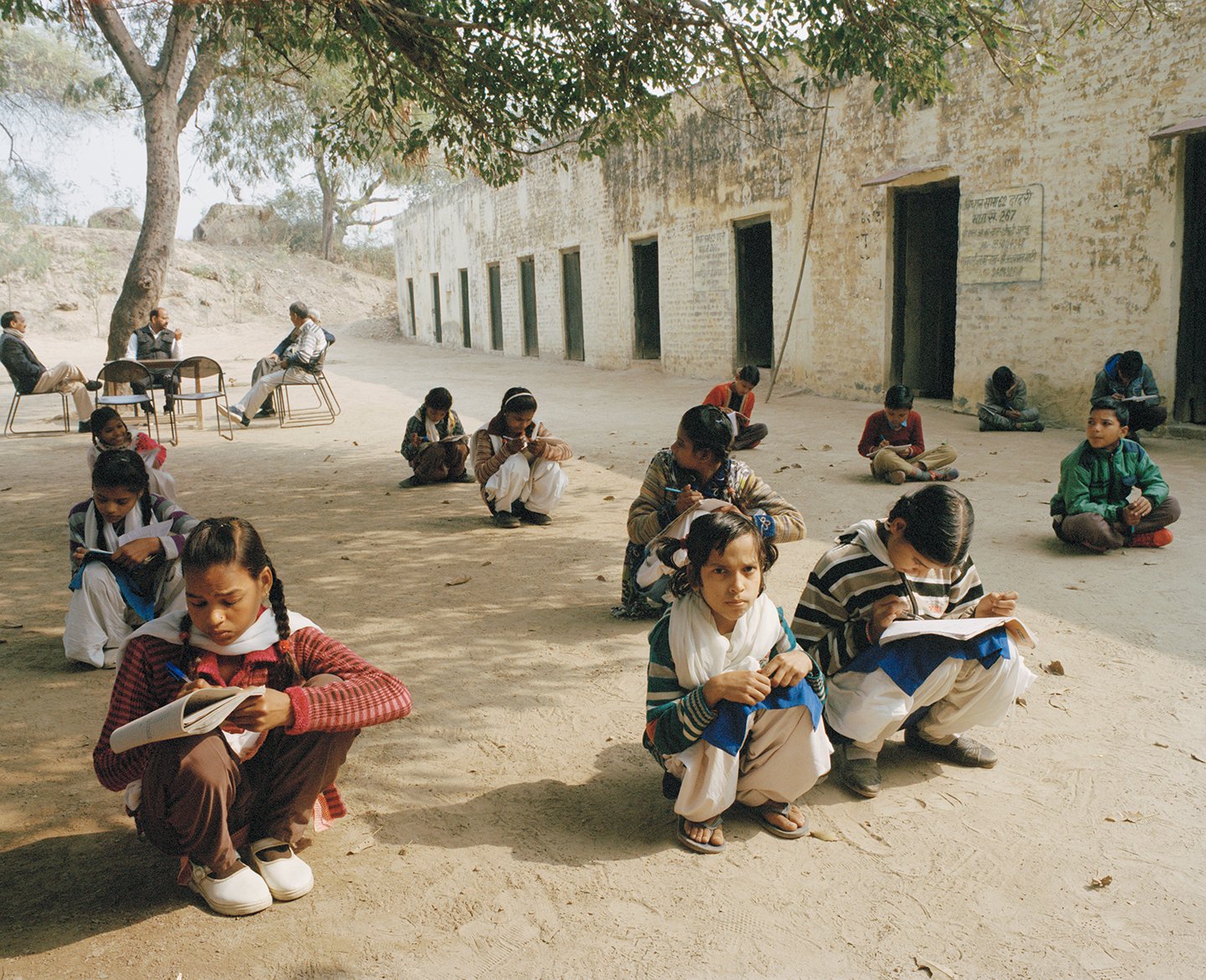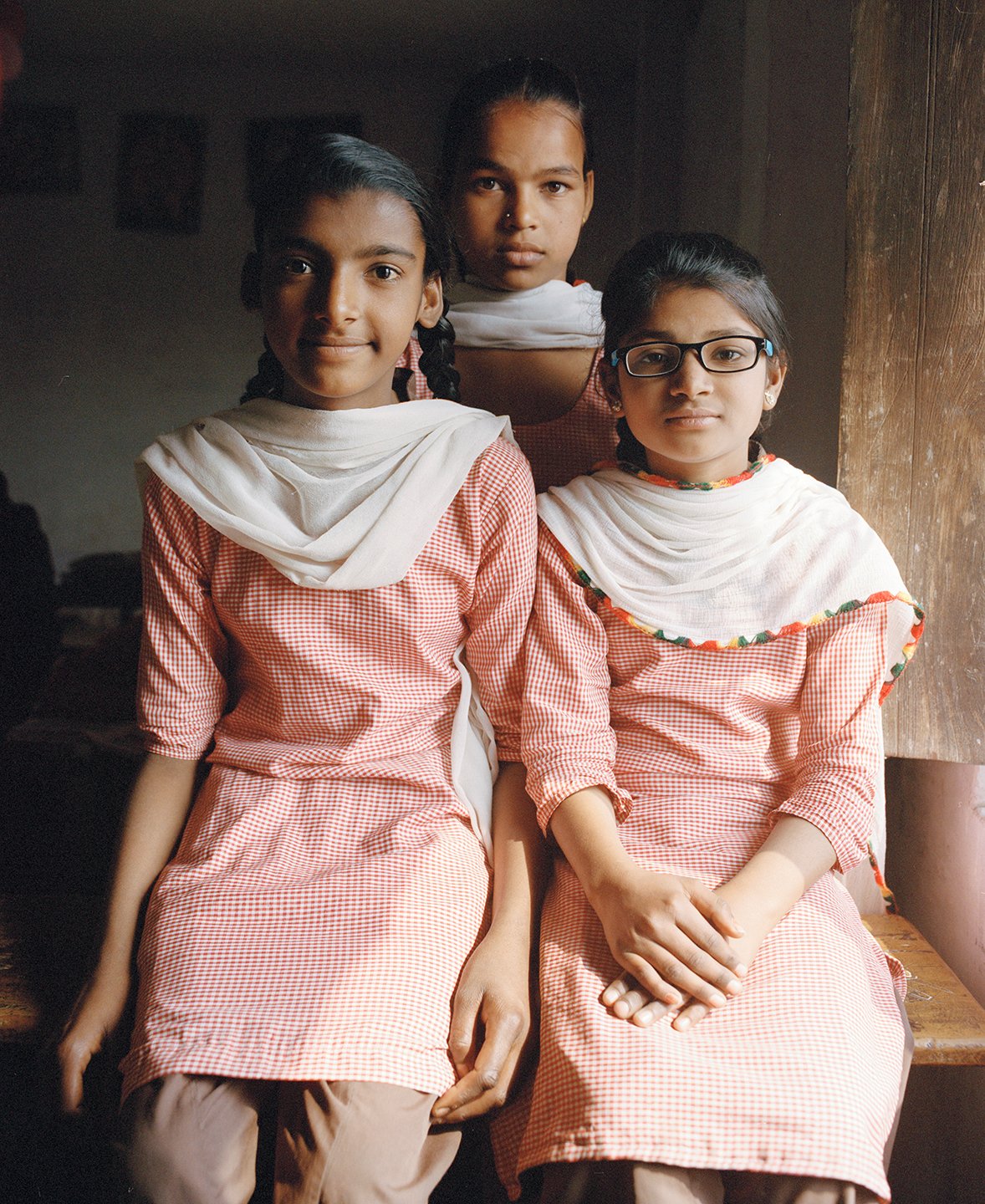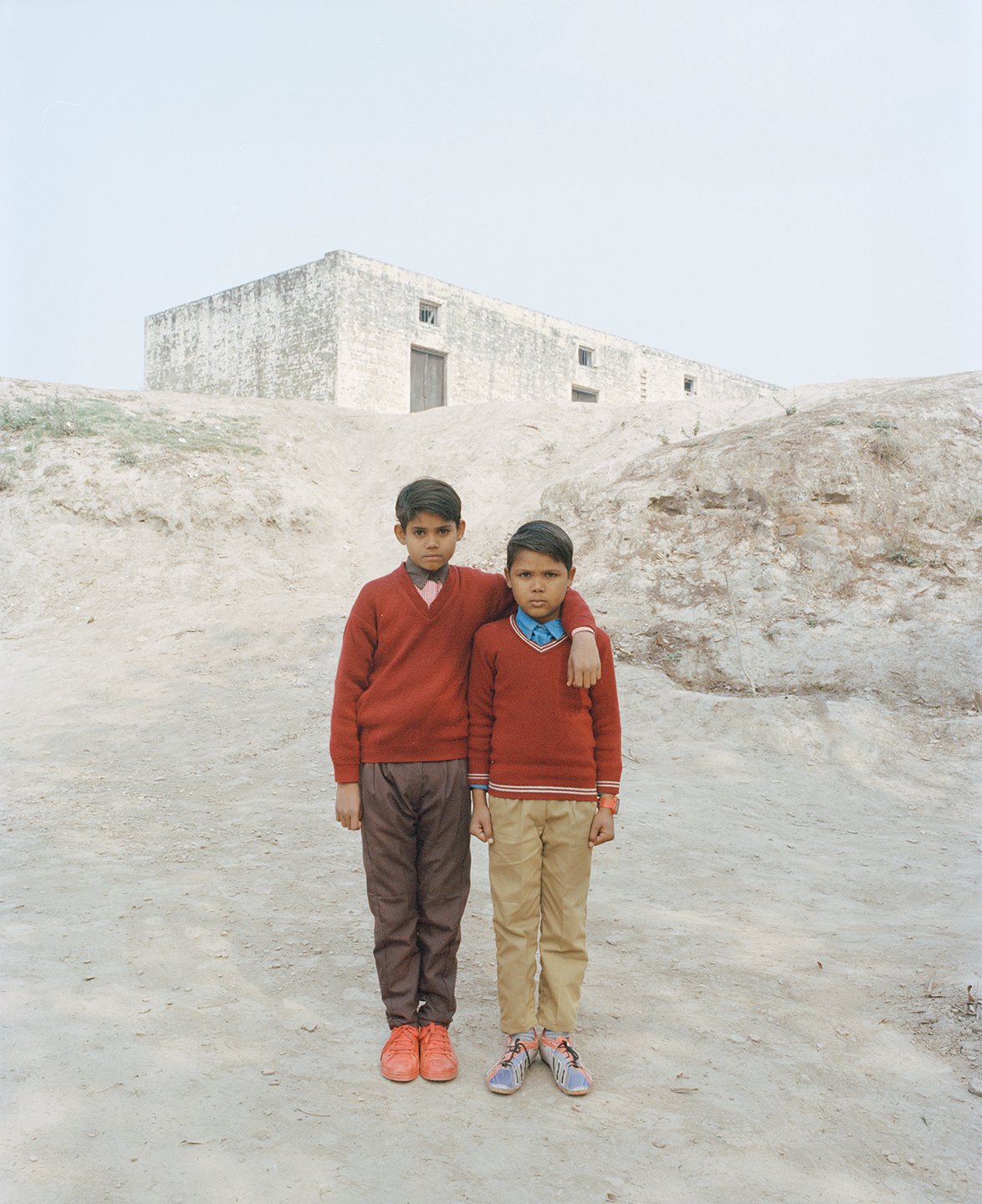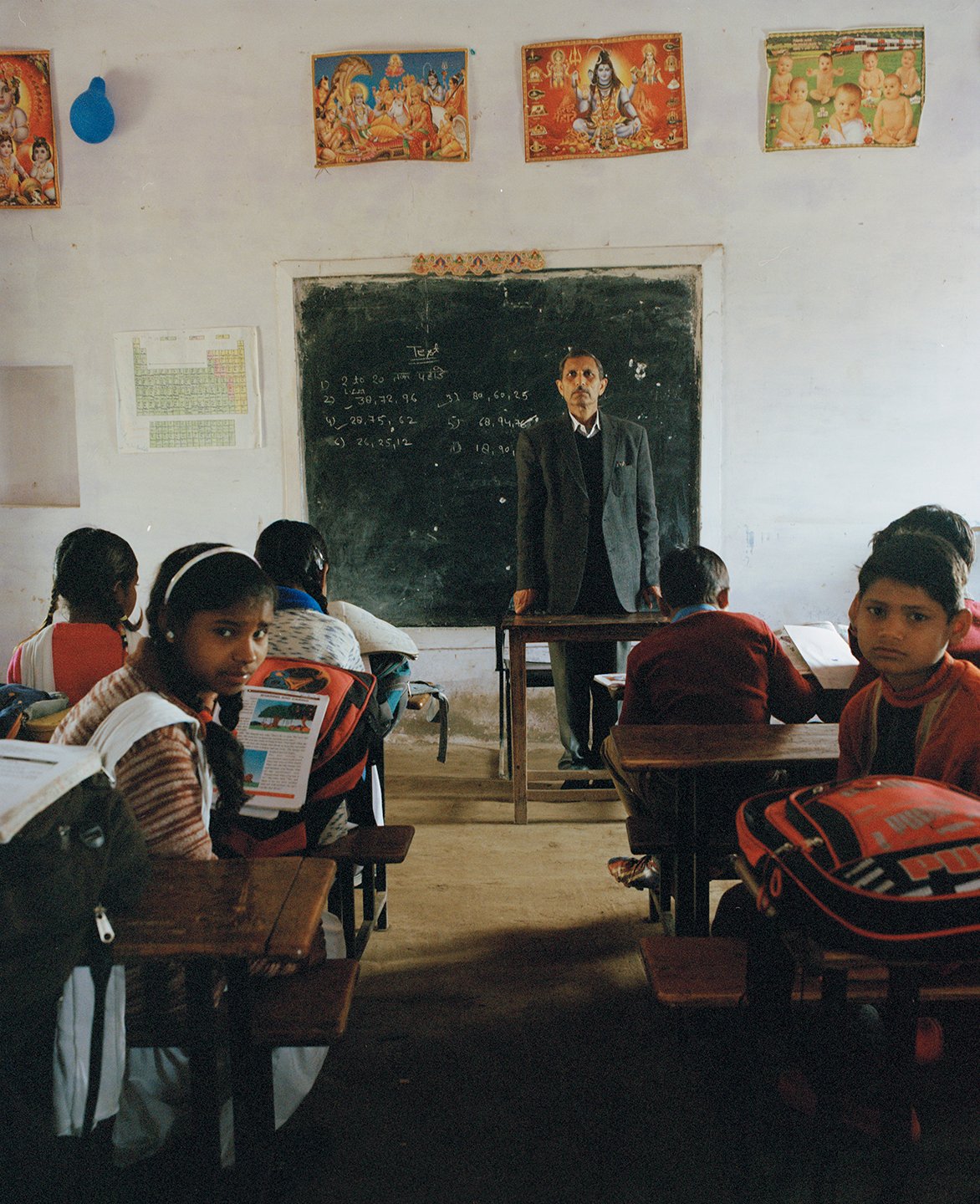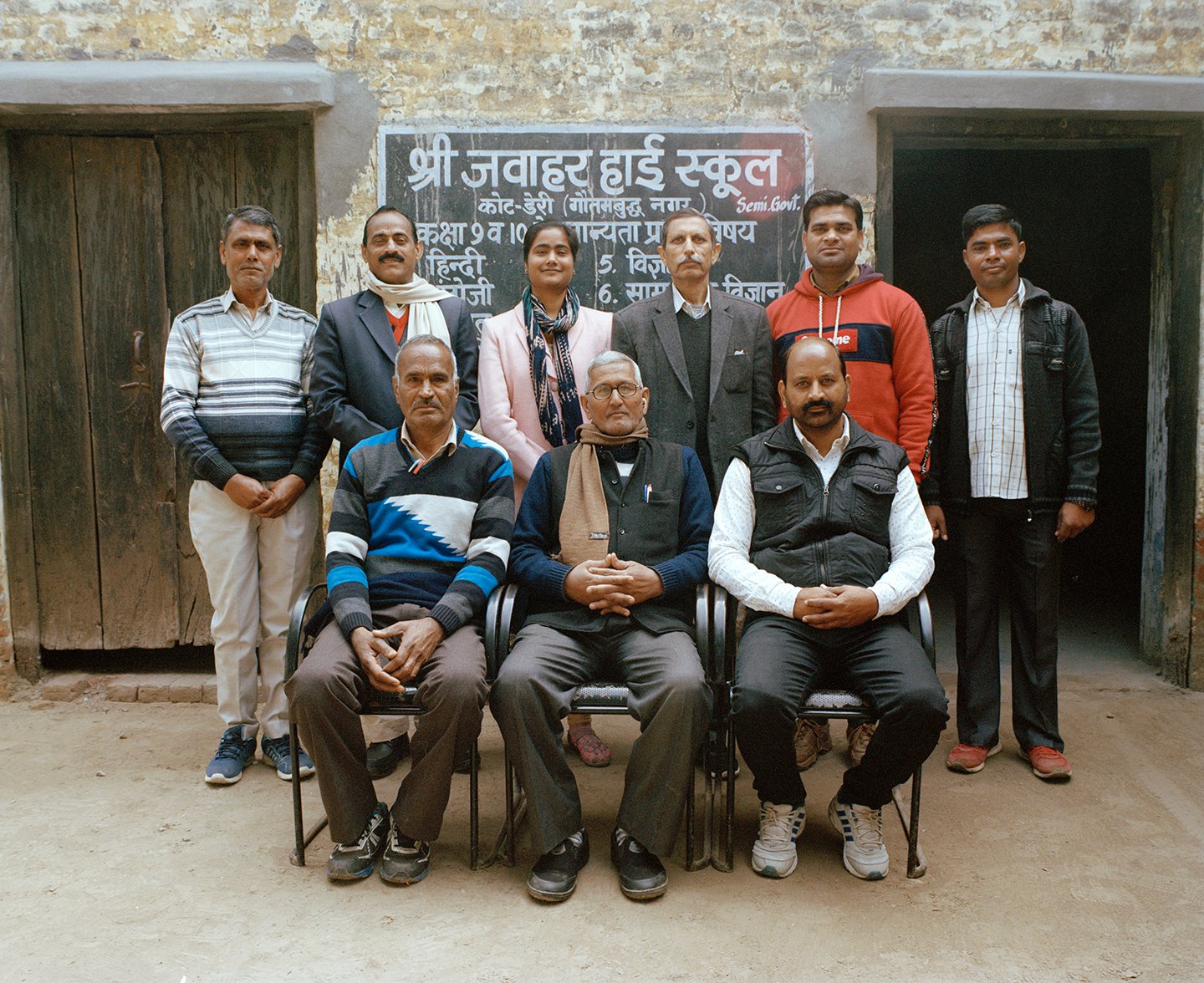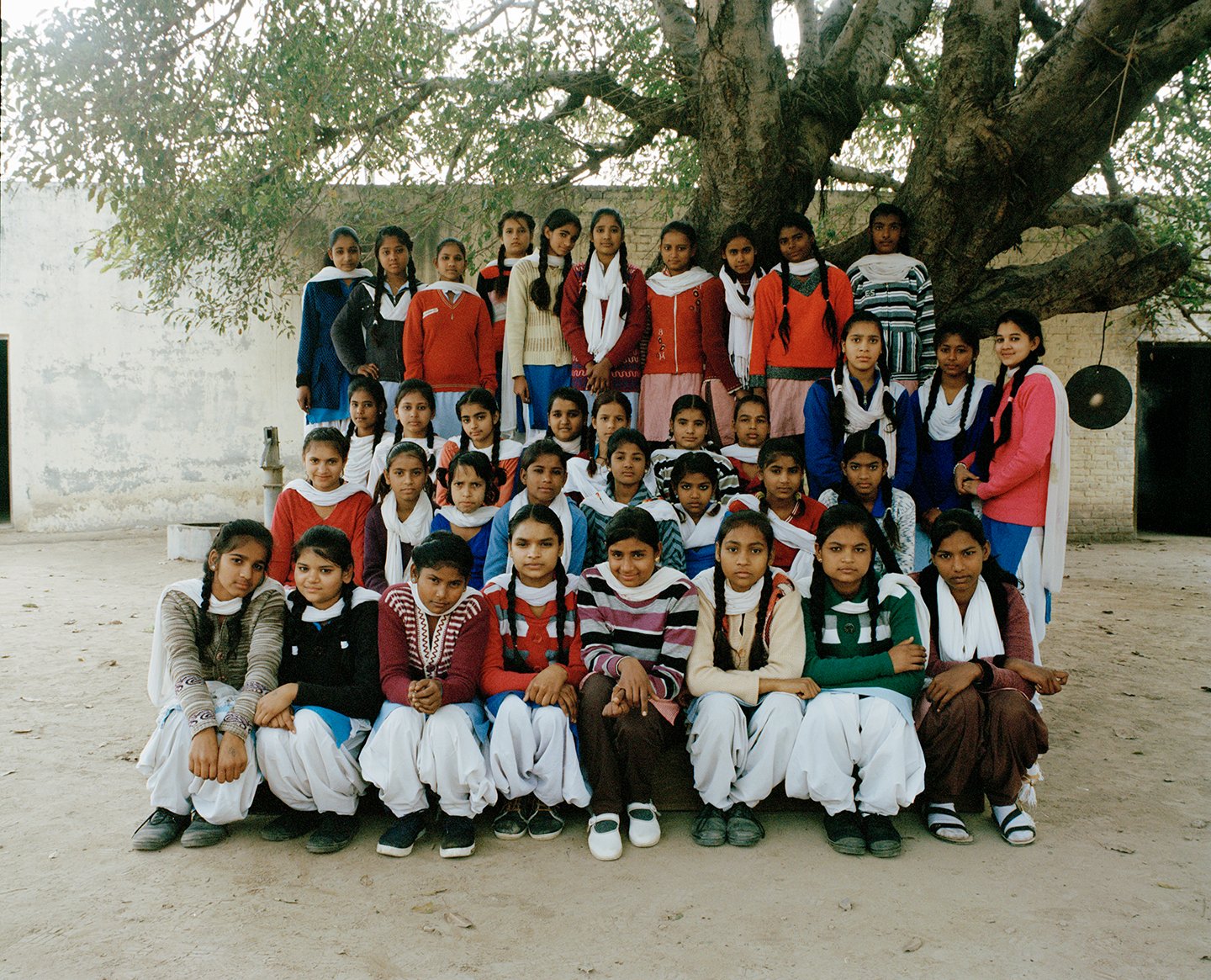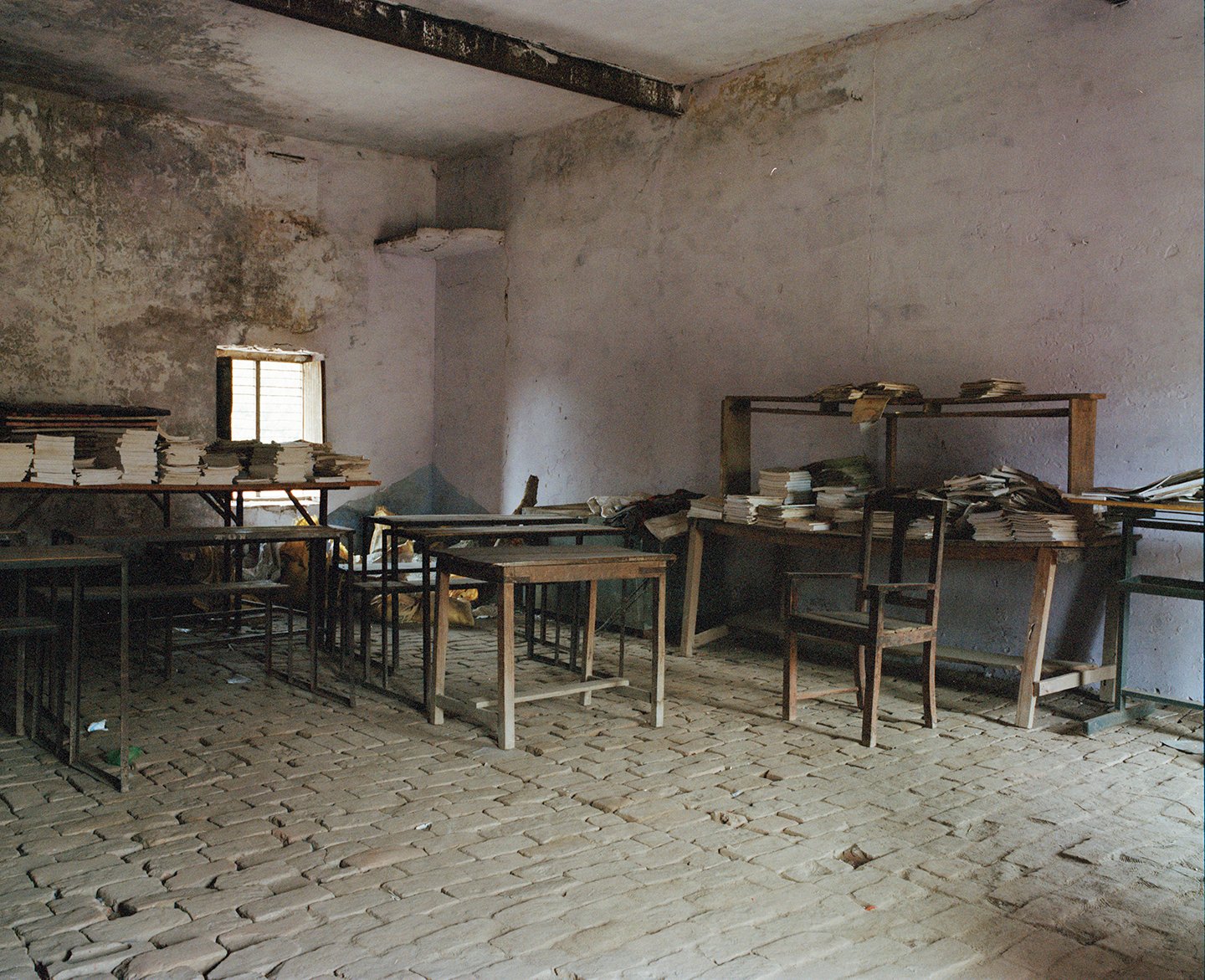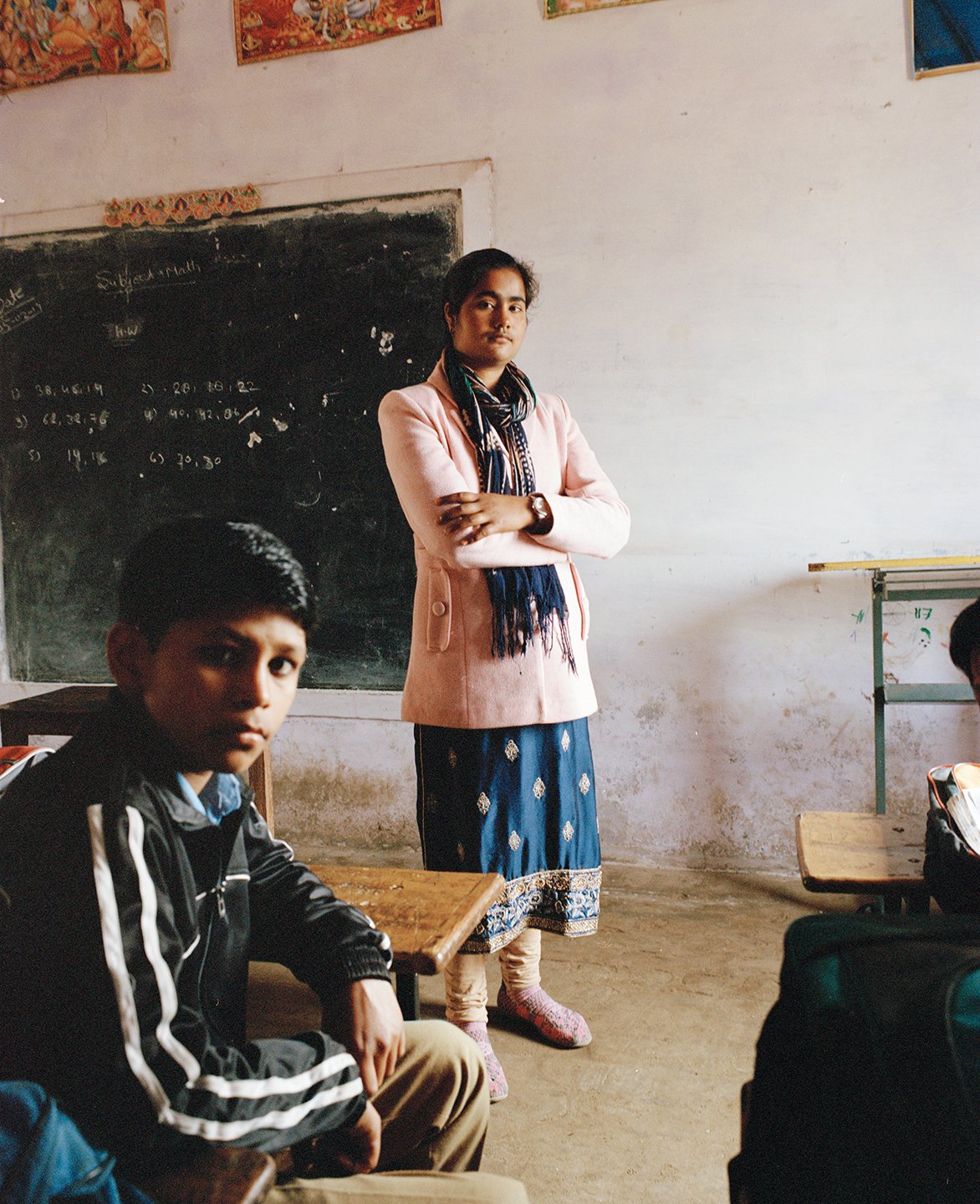In search of a better life for his son, at the age of three, Vikram Kushwah was sent to boarding school in the Himalayan foothills, this being the place where he would spend his most formative years.
His father was a teacher of 35 years at a government school in rural Uttar Pradesh, one of the poorest states in India. He was determined to make a better life for his son than he had received growing up. Being one of six children and growing up on a farm, he didn’t have much opportunity in making a different life for himself outside of this. His father was 25 when he was arranged into a marriage with his mother, who was only 16, and less than a year later, Vikram was born. At the unknowingly tender age of three, when he was just starting to understand his surroundings, Vikram was sent to boarding school where he would spend the next fifteen years of his life.
Vikram’s time in growing up in this school was described as being very different to all the other students. He talks about how he played cricket and studied physics with the sons of diplomats, whilst his parents lived in a one-bed shack. Throughout his time here, he actively lied about his father’s role in teaching and spoke about how he taught in a public school in Delhi, to avoid being bullied about his impoverished background. He speaks about how the other children would spend out of term time in lavish vacations such as Dubai and America and how he would go back to his hometown to visit his family.
‘The Education I Never Had’ is a juxtaposition of Kushwah’s past, a parallel world in which he only ever experienced the opposite, but not through choice. This was the first time he’d ever gotten the opportunity to visit his father’s school. Now a photographer, a career that Vikram claims his mother and father still don’t understand, he wanted to go back and capture the essence of beauty and sense of adventure that his father had undoubtedly instilled into all these children, like he did his son.
“The children in these images are beautiful, playful, diverse—simply, they are human. Yet, their intellect and talents may never fully be expressed as they are also poor.These children represent my family—every member of it having been educated in a school like this… except for me.”
“Despite being quite a simple man, my father knew there was more to the world—beyond dirt-floor classrooms and decades-old textbooks. He wanted me to find what was out there, even though it meant that I would leave him behind, time and again. Yet, as in most journeys, there is a return, and after seeing so much of the world, really, what I wanted most was to come back to him, to know him and his life, and to understand his sacrifices.”
